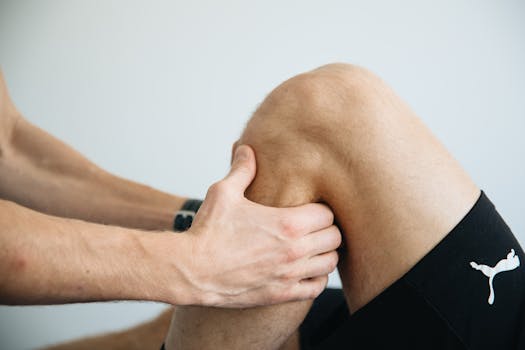Introduction
Addiction is a complex issue affecting millions globally. With increasing awareness about mental health and substance use disorders, individuals seeking help have seen a positive shift in available treatment options. Outpatient drug rehab programs have emerged as a compelling solution for many, promoting effective and lasting recovery while maintaining a balanced lifestyle.
Understanding Outpatient Rehab
Outpatient rehab is a type of treatment where individuals attend therapy sessions and counseling support without staying overnight at a facility. This flexible treatment approach offers a practical alternative to inpatient rehab, especially for those whose commitments—whether personal, educational, or professional—prevent them from stepping away entirely from their daily routines.
Advantages of Outpatient Programs
Flexibility in Treatment Schedules
One of the primary benefits of outpatient rehab is its flexibility. This allows individuals to attend therapy sessions around their existing commitments, making it easier to integrate addiction treatment into their everyday lives. Whether you’re managing a job, education, or family responsibilities, outpatient programs cater to diverse needs, reducing stress and barriers associated with seeking help.
Enhanced Access to Rehab Centers
Outpatient drug rehab centers are often more accessible geographically and financially than their inpatient counterparts. This increased access ensures that more people can pursue necessary treatment without the burden of extensive travel or prohibitively high costs that can impede recovery.
Emphasis on Building Lifestyle Balance
A key component of effective addiction recovery is learning how to balance different aspects of one’s life. Outpatient rehab encourages individuals to actively participate in real-world situations while still receiving support. The simultaneous exposure to daily challenges and professional guidance fosters resilience and mechanisms to handle triggers and stressors.
Comprehensive Addiction Treatment Options
Outpatient programs offer a plethora of treatment options tailored to meet the diverse needs of individuals struggling with alcohol and drugs.
-
Individual Therapy Sessions: Customized one-on-one therapy addresses personal triggers, underlying issues, and addiction root causes, helping to develop coping strategies.
-
Group Therapy Sessions: These provide a platform to share experiences, foster mutual understanding, and build a supportive community among peers.
-
Family Counseling Support: By involving loved ones in the recovery process, outpatient rehab strengthens family dynamics and builds an external support network essential for long-term sobriety.
-
Holistic Approaches: Incorporating practices like mindfulness meditation, yoga, and art therapy, these therapies address both emotional and physical dimensions of recovery.
Fostering Long-term Recovery
While some may assume that outpatient programs’ lack of constant supervision may compromise effectiveness, research shows they cultivate skills and awareness necessary for sustainable sobriety. Individuals learn to navigate the complexities of their environments, leading to a more seamless reintegration into society and reduced risk of relapse.
Addressing Relapse and Continuous Support
Relapse isn’t a sign of failure but rather an opportunity to recalibrate one’s approach. Outpatient rehab houses are equipped to respond to relapse scenarios by offering continuous support. By maintaining regular connections with therapists and counseling groups, individuals can make proactive decisions while having access to resources to address potential pitfalls promptly.
Conclusion
Outpatient drug rehab programs provide an adaptable, supportive, and holistic pathway to recovery. By focusing on balance, real-world application, varied treatment modalities, and continuous support, it reduces barriers for individuals seeking help and lays the foundation for long-term sobriety. Recognizing the benefits of outpatient treatment can embolden more individuals to take the courageous step towards an addiction-free life, transforming the narrative of recovery in a nuanced and empowering manner.

